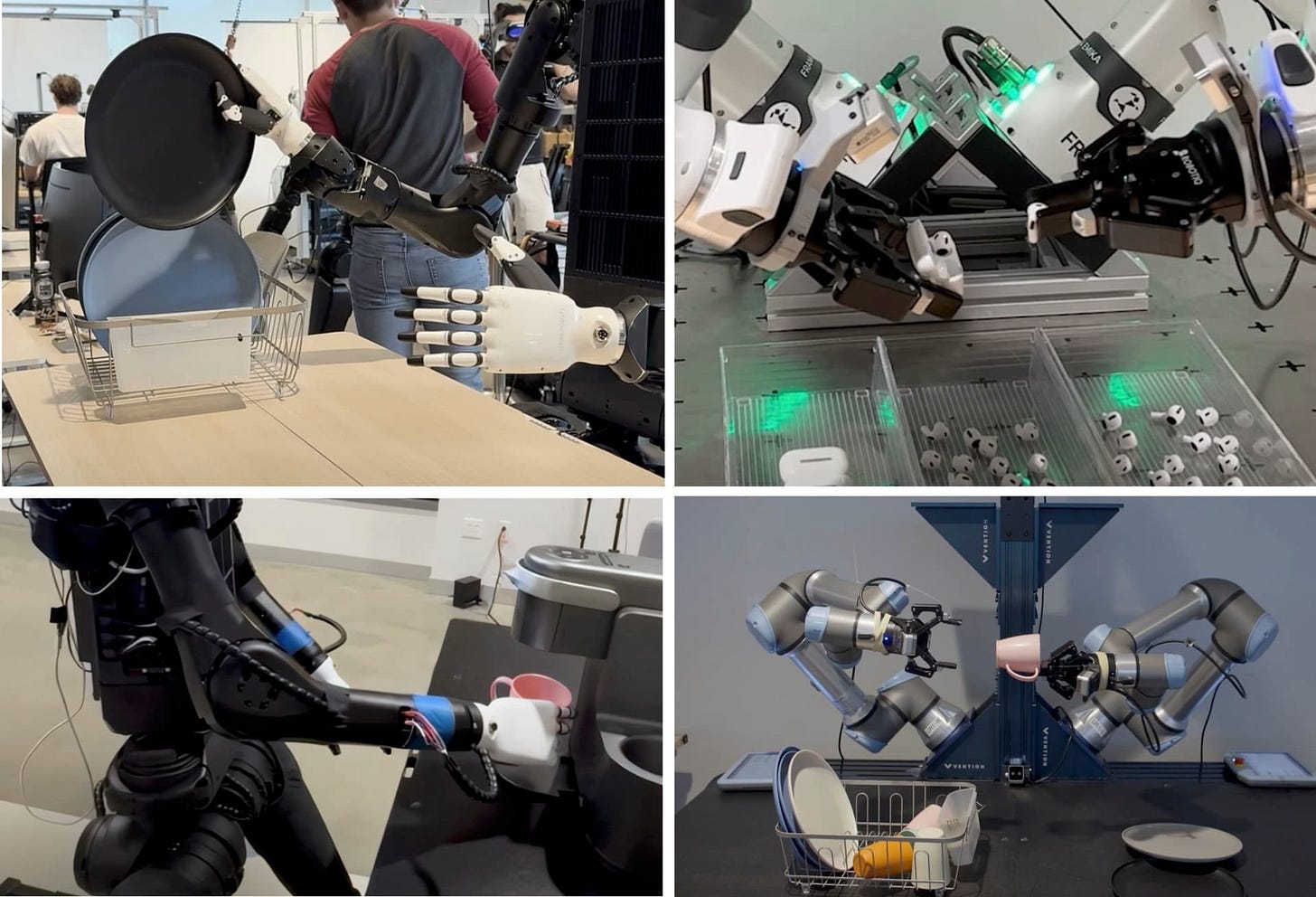Skild, backed by Amazon, is building a robot brain, AiMOGA opens car doors, and more
Daily brief on news from the world of autonomous mobile robots.

Aeva partners with LG Innotek on 4D lidar chip production and cross-industry expansion
Aeva Technologies has entered a manufacturing and investment partnership with LG Innotek, which will produce Aeva’s Atlas Ultra 4D lidar sensors for automotive customers and invest up to $50 million for a 6% equity stake. The collaboration will initially focus on automotive OEMs, using Aeva’s chip-scale, FMCW-based lidar that measures distance and velocity in real-time. Plans include expanding into consumer electronics, robotics, and industrial automation, aiming for further miniaturization and mass-market adoption.
AiMOGA humanoid robot becomes first to autonomously open car doors in real-world dealership
AiMOGA Robotics’ humanoid robot, Mornine, has autonomously opened car doors inside a working Chery dealership, using only onboard sensors and reinforcement learning—marking a global robotics first. Mornine identifies handles, adjusts posture, and applies force without human help, thanks to 3D LiDAR, depth cameras, and simulation-trained AI. Already deployed in multiple dealerships in China, the robot also greets customers and delivers items, demonstrating real-world service capability for embodied AI.
Amazon-backed Skild unveils AI ‘brain’ for robots, aims to revolutionize real-world automation
Skild AI, founded in 2023 by ex-Carnegie Mellon professors, has launched “Skild Brain,” an adaptable foundation AI model designed to power nearly any robot—from factory arms to humanoids. Trained on simulations and human-action videos, the model enables robots to navigate complex tasks, learn from real-world deployments, and operate safely alongside people. Backed by Amazon and SoftBank, Skild recently raised $300 million at a $1.5 billion valuation, targeting industries facing labor shortages and hazardous jobs.
J.P. Morgan sees resilient U.S. applied tech sector, robotics startups rising despite investment headwinds
J.P. Morgan’s latest Applied Tech Report highlights strong long-term potential for U.S. robotics, semiconductor, defense, and aerospace sectors, despite macroeconomic pressures and dipping early-stage investments. Capital raised by robotics startups surged to over $12 billion in 2024, driven by AI advances and labor shortages. Federal funding hit $338 billion, supporting continued innovation and consolidation via acquisitions. Autonomous systems, especially in manufacturing, logistics, and defense, are forecast for robust growth.

